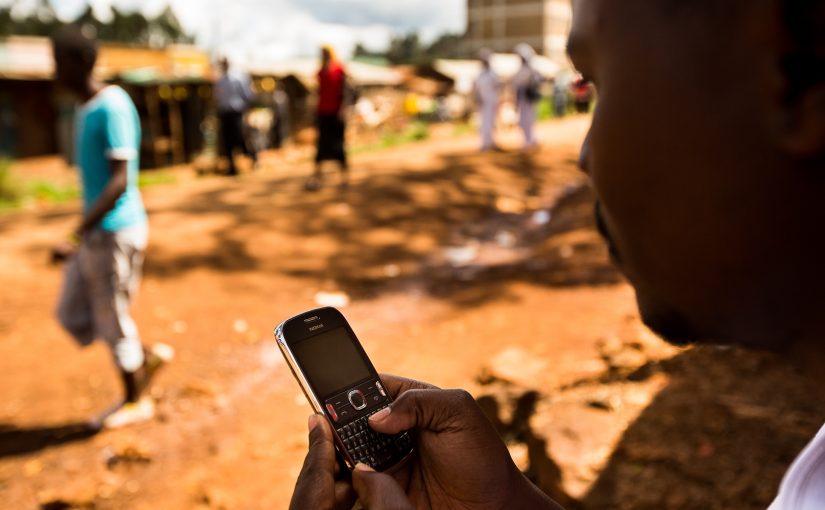Mozambique's main business association CTA on the proposed General Inspectorate for Food and ...
Mobile transactions in Mozambique grew sevenfold from 2015 to 2016

File photo
The number of financial transactions conducted on mobile phones in Mozambique grew sevenfold in the last year according to central bank data seen by Lusa.
The Bank of Mozambique recorded 21.3 million mobile financial service transactions in 2015, and 149.8 million in the last year, according to a statistical bulletin published this month.
Transactions include deposits, withdrawals, transfers and payments.
Also according to the same bulletin, this year there have already been 6.4 million electronic mobile phone transactions, 14 percent more than at the end of 2016.
Fernanda Massarongo, a researcher at Mozambique’s Institute for Social and Economic Studies (IESE), told Lusa that “there is confidence in mobile financial operations technology and some adoption”.
The scenario represents the continuing evolution in access to the service.
“In 2014, when we did a study on rural finance and financial connection, we heard that people were worried about mobile financial operations,” he said.
On the supply side at the time, “some of the banks that today are at the forefront of the process said they had other focuses”, and the telecommunications companies themselves “were timidly involved with the process”.
Over the last three years, however, “there have been significant increases on both demand and supply side, and this has culminated in a greater number of operations”.
“Today the process of experimentation and awareness, as well as experience from other countries, such as Kenya, have influenced the growth in use,” she added.
The flexibility of mobile finance is its main asset Massarongo says.
“Among the advantages are the ease of making payments for services and transfers without having to move, reducing the so-called ‘cost of the sole of the shoe’ and the inconvenience of the ‘floods’ of people waiting in banks.”
Mobile finance also turns out to be “a means of financial inclusion, since it is possible to make transactions with people who do not have a traditional bank account”.
The researcher warned, however, about the need to guard against security issues.
“These are sensitive transactions,” she said, questioning “to what extent there are sufficiently up-to-date legal and technical tools to protect users from fraud and hacking.”
Lusa












Leave a Reply
Be the First to Comment!
You must be logged in to post a comment.
You must be logged in to post a comment.